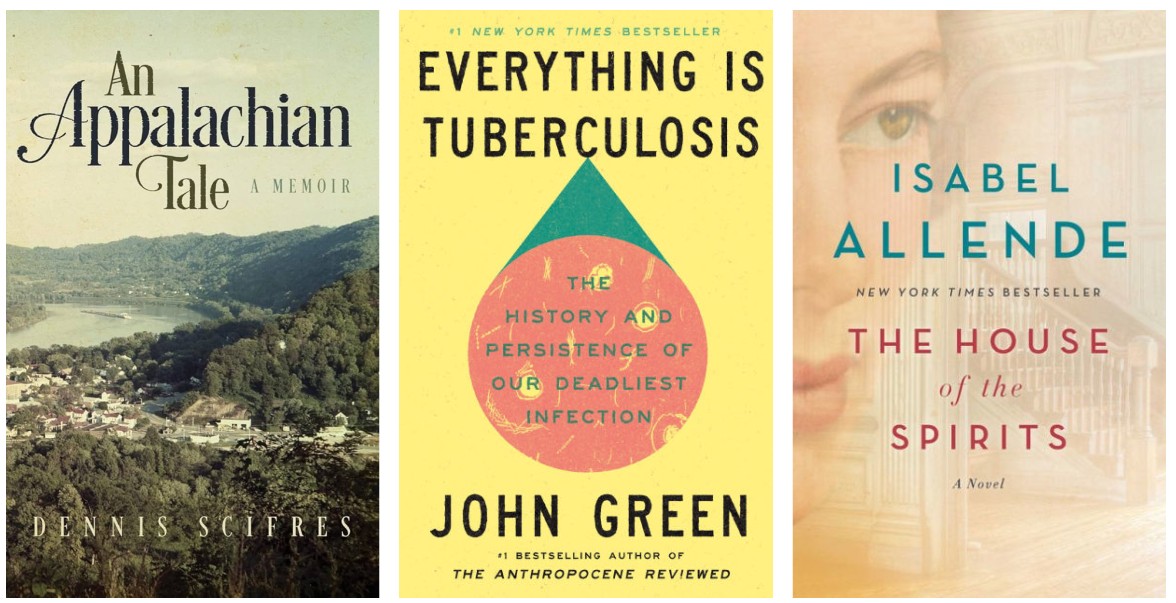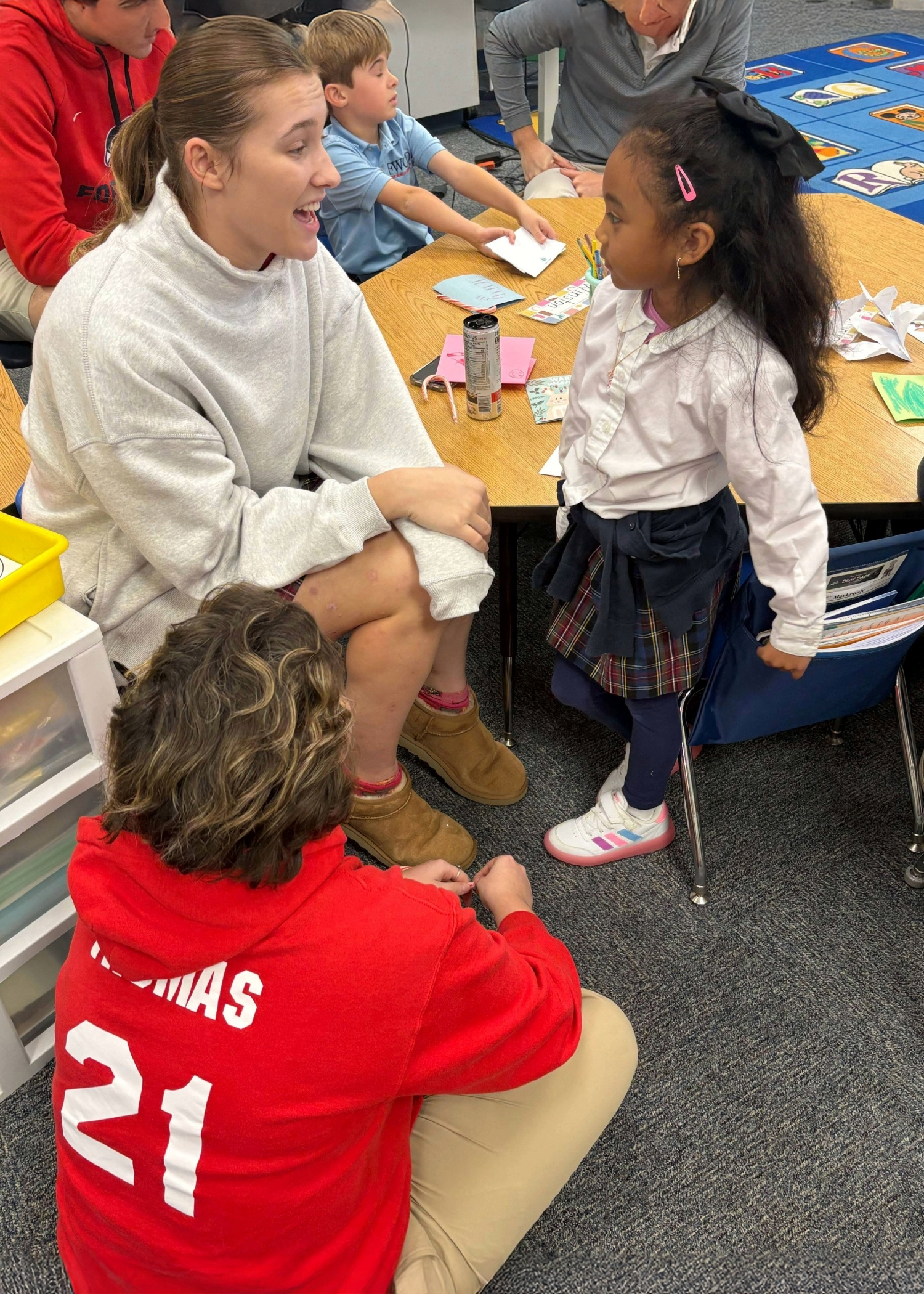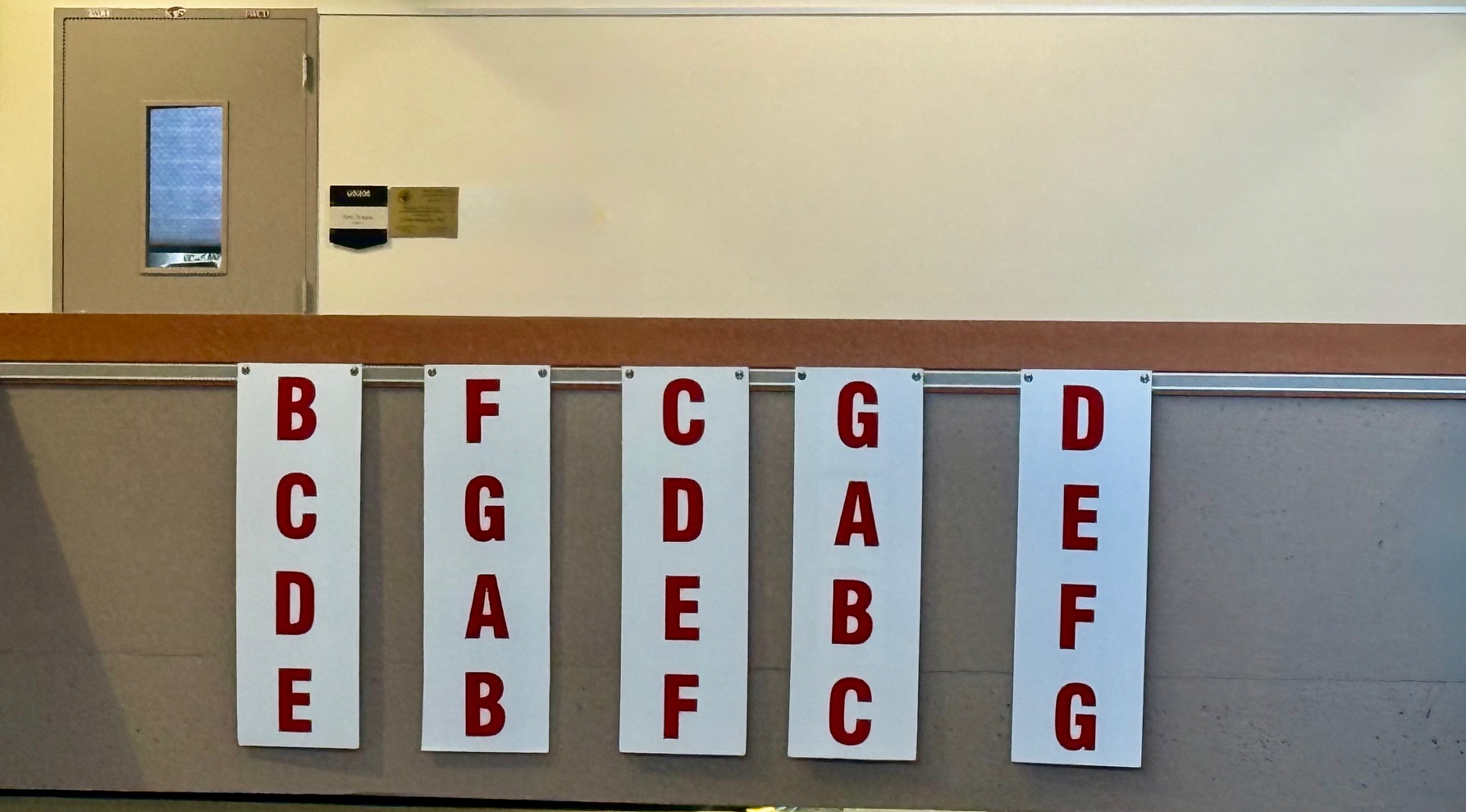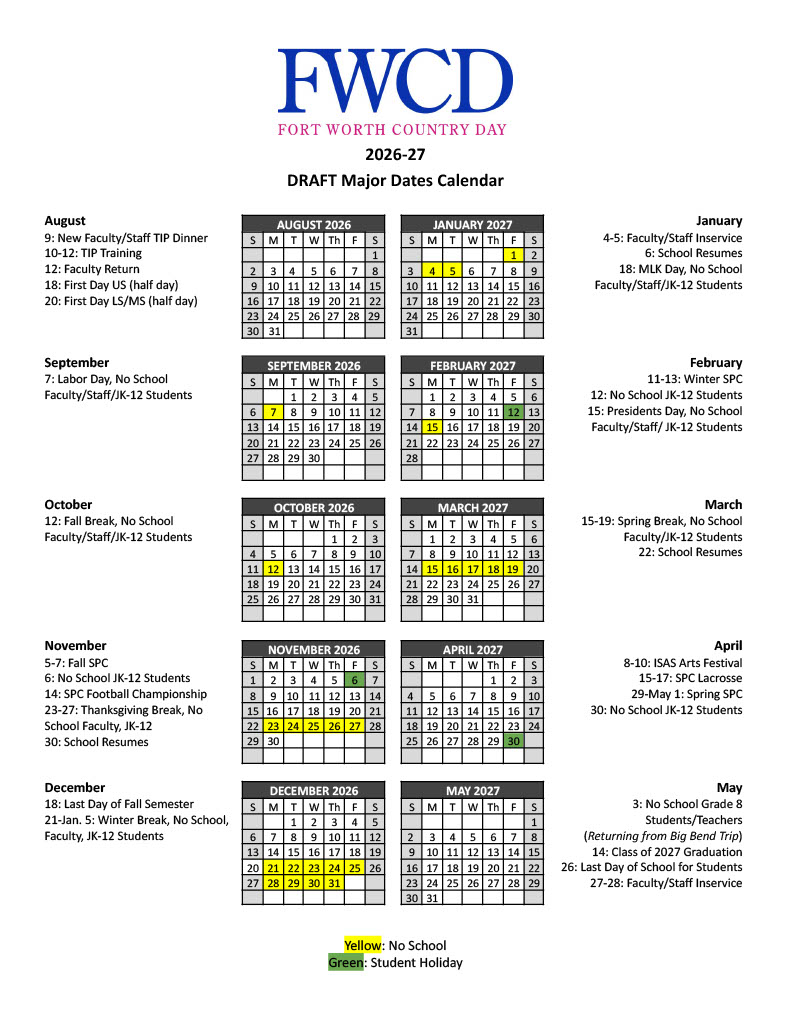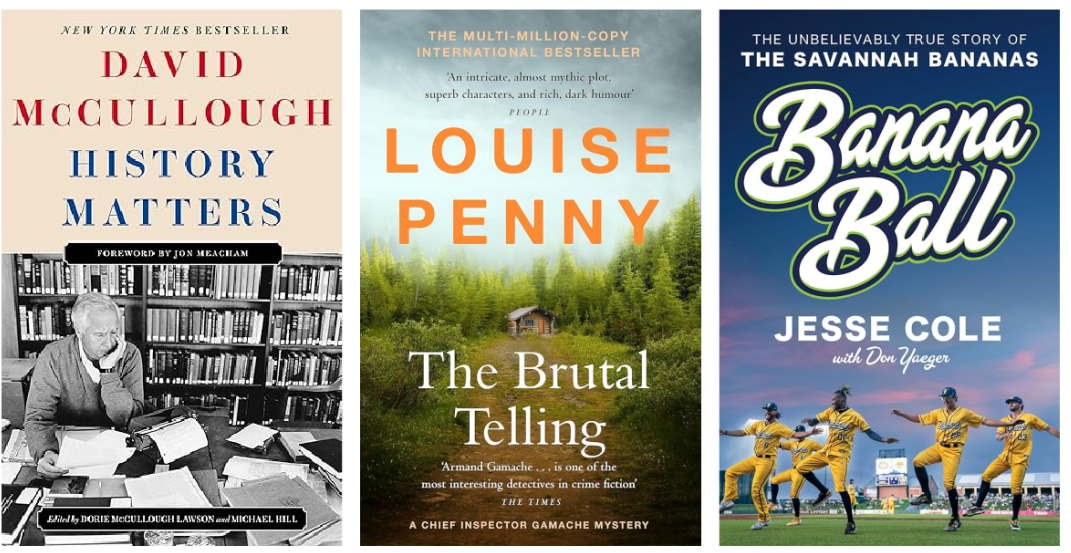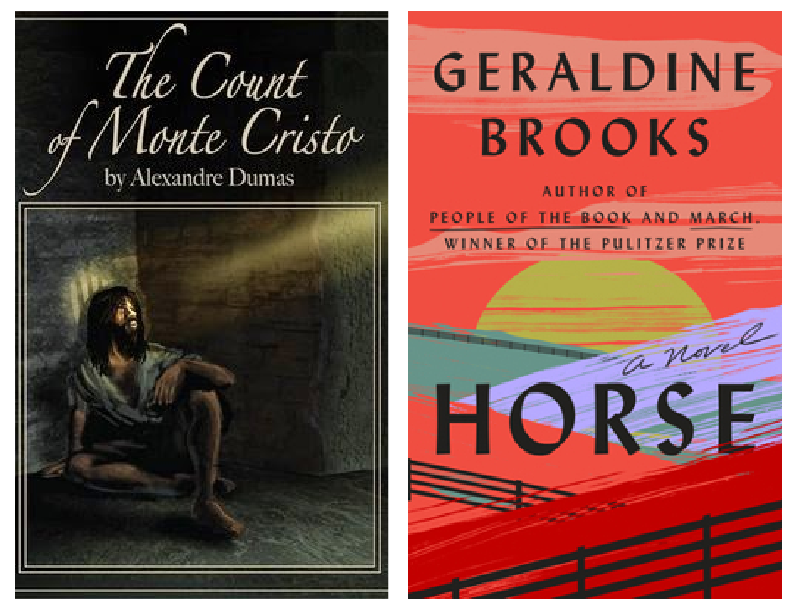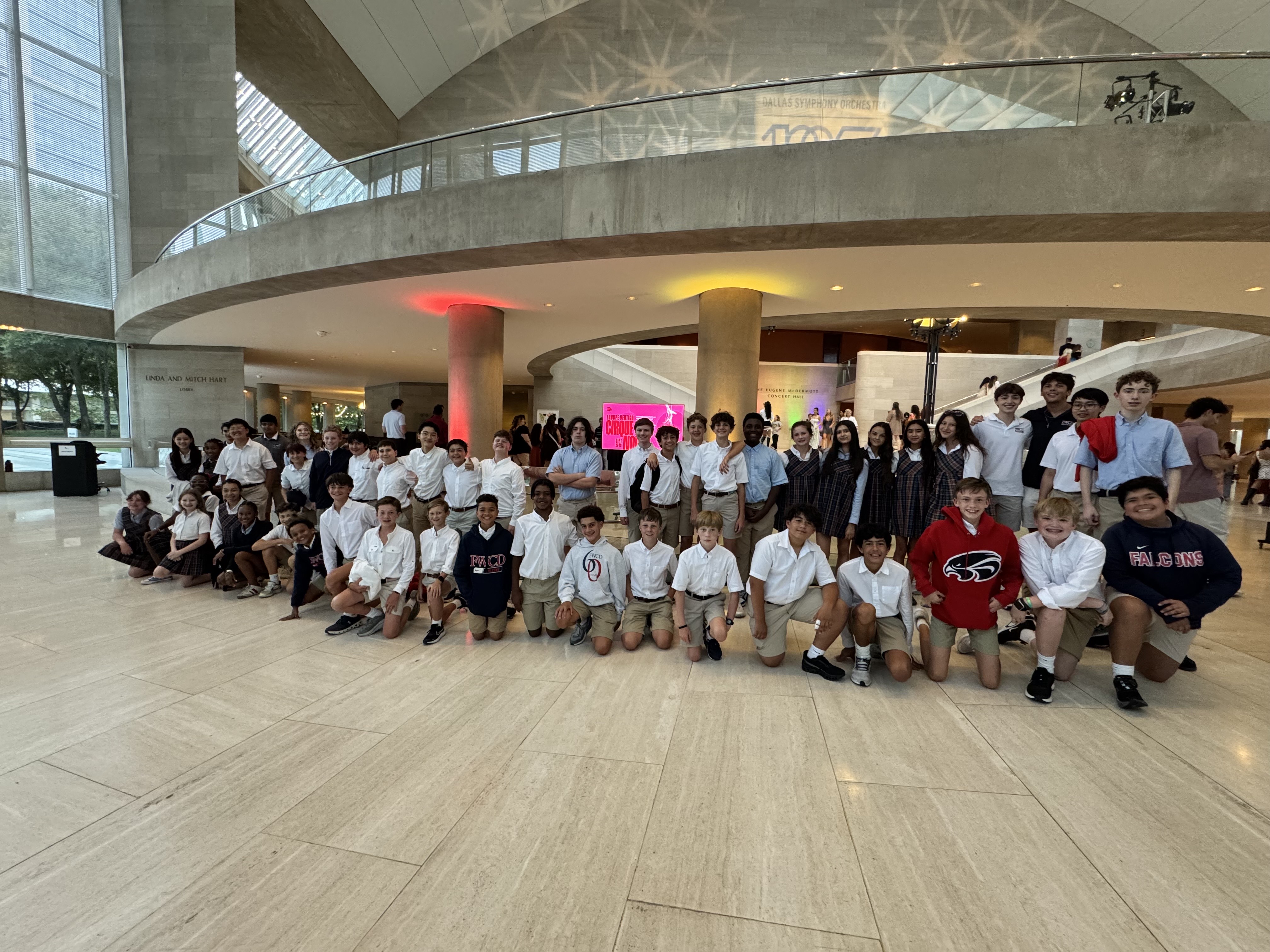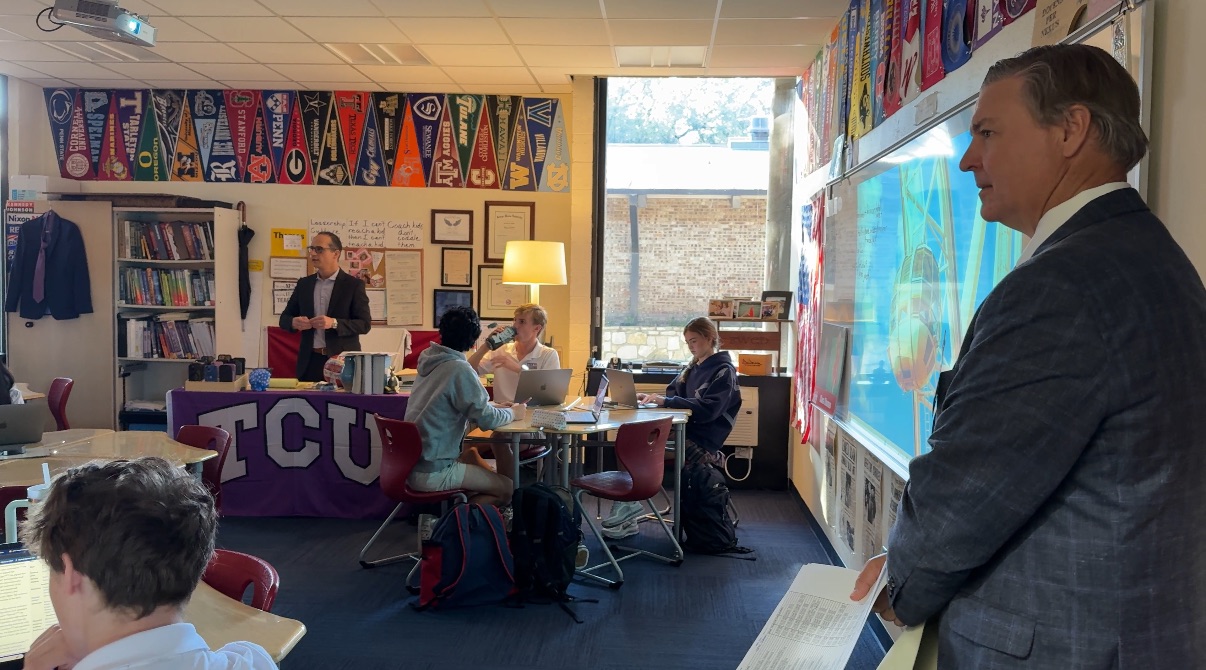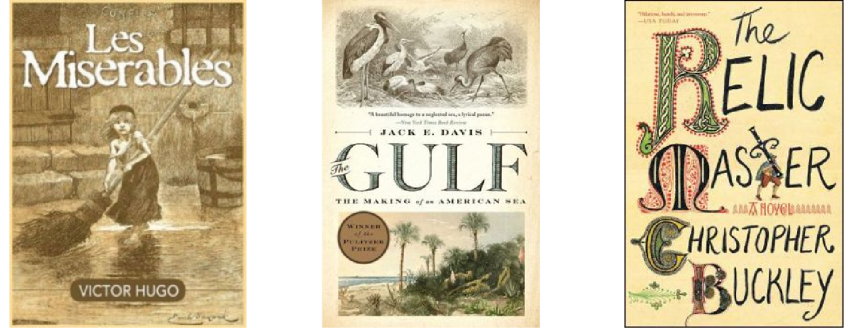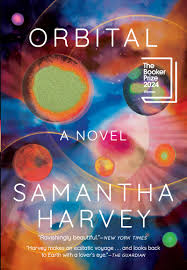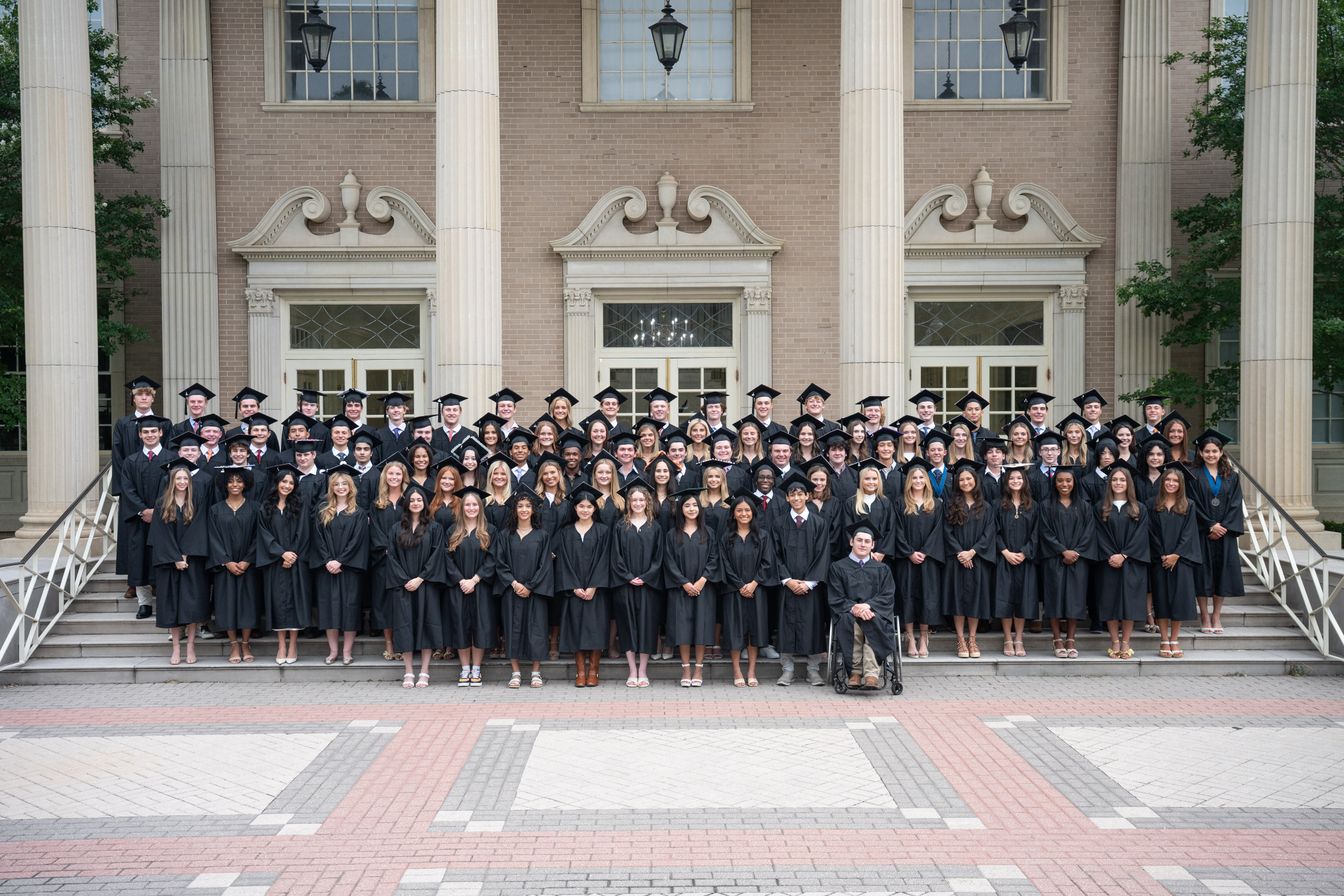Seen Read Heard: October 2023
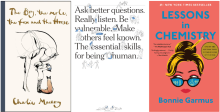
The Boy, the Mole, the Fox and the Horse by Charlie Mackesy
A sort of A.A. Milne, Winnie-the-Pooh flavor, with wonderfully simple ink drawings of the titular Boy and his mammal companions, Mackesy’s book is about relationships and has particularly pithy lines/messages that deserve highlighting. I have read and maybe even mentioned the book before in a previous “Notes,” but the way I received this copy, from a FWCD colleague who bought enough of the books to give to a variety of people, made me want to bring it back to this venue. Consider the messages in these lines:
(A question from the Mole) “What do you want to be when you grow up?” “Kind,” said the Boy.
“What do you think is the biggest waste of time?” “Comparing yourself to others,” said the Mole.
“What is the bravest thing you’ve ever said?” asked the Boy. “Help,” said the Horse.
“Don’t measure how valuable you are by the way you are treated,” said the Horse.
Another colleague shared that she regularly rereads the book to be reminded of its wonderful messages. It’s a good one for around the Thanksgiving table.
“The Essential Skills for Being Human” by David Brooks, The New York Times (October 19, 2023) (Identified first in the Marshall Memo)
First, a complete confession from me: due to his many books and his Friday night stint on PBS’s News Hour, Brooks is on my very short list of people I would love to have at our dining room table (along with Scott Simon of NPR’s Saturday Morning Edition, our own Peter Schwartz and a few others) for a long, slow meal.
This article is a preview of a book Brooks has been writing for the last four years. While we wait for the book, we have this treatment to get a sense of his argument and evidence: he makes typically poignant observations, this time about the best sorts of humans.
“The real process of, say, building a friendship or creating a community involves performing a series of small, concrete actions well: being curious about other people; disagreeing without poisoning relationships; . . . being a good listener; knowing how to ask for and offer forgiveness; knowing how to host a gathering where everyone feels embraced; knowing how to see things from another’s point of view.” (2)
“Attention is a moral act. It creates, brings aspects of things into being.” (5)
Lessons in Chemistry by Bonnie Garmus
My all-men book group universally loved this book with its pink cover and story of a woman who was mostly short-changed because of her gender. Garmus comes up with a wonderfully unique plot line, including a dog being taught hundreds of words and a chemist-turned-TV-chef, to make a wonderful point about the challenges women faced in the 1950s and still face today at the hands of sexist bosses.
The author is a first-timer at a “mature” age of 50+. Garmus is a copywriter and clearly has a fabulous imagination, tremendous observation skills, and a way with words. They say opening lines in books are incredibly hard to write and that they play an inordinate role in our impressions of the books as a whole. Take this one from Garmus:
“Back in 1961, when women wore shirtwaist dresses and joined garden clubs and drove legions of children around in seatbeltless cars without giving it a second thought; back before anyone knew there would be a sixties movement . . . ; back when the big wars were over and the secret wars had just begun and people were starting to think fresh and believe everything was possible, the thirty-year-old mother of Madeline Zott rose before dawn every morning and felt certain of just one thing: her life was over. Despite that certainty, she made her way to the lab to pack her daughter’s lunch.” (1)
And some other lines I noted:
“...[R]owing is almost exactly like raising kids. Both require patience, endurance, strength, and commitment. And neither allows us to see where we’re going – only where we’ve been.” (166)
“She looked like a cross between a hotel maid and bomb squad expert.” (213)
“In short, the reduction of women to something less than men, and the elevation of men to something more than women, is not biological, it’s cultural. And it starts with two words: pink and blue.” (237)




